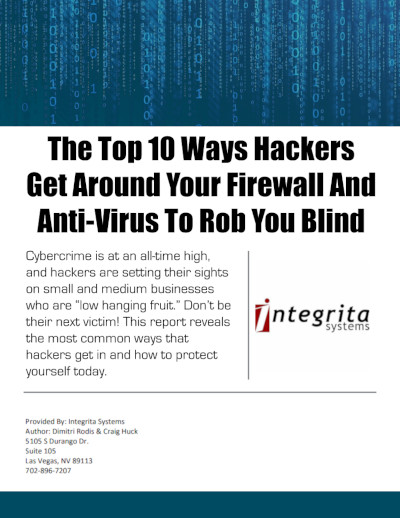 One of the common issues on the Dark Web – whether you use it or not – is the sale of passwords, bank account information, Social Security numbers, and other private data. Hackers works specifically to breach firewalls and software protections by leveraging vulnerabilities or misconfigurations to obtain this information and then go to the Dark Web to sell it to other criminals.
One of the common issues on the Dark Web – whether you use it or not – is the sale of passwords, bank account information, Social Security numbers, and other private data. Hackers works specifically to breach firewalls and software protections by leveraging vulnerabilities or misconfigurations to obtain this information and then go to the Dark Web to sell it to other criminals.
There are 3 key practices you can implement to protect your data:
1. Keep your eye out for strange emails - What this means is that even if you receive an email from someone or a company you know, check the email address, look for signs of poor grammar or spelling, and tread carefully before clicking any links. If you get something saying your account is suspended and you have to click to verify details, ignore the email and go straight to the site and check it that way.
2. Pay attention to data breaches - An easy way to do this is to subscribe to online newsletters, such as Data Breach Today. This way you’ll be regularly alerted if a large company gets hacked. You’ll also want to keep a close eye on bank statements and credit card usage to make sure your information is accurate and you don’t notice anything fraudulent.
3. Choose unique and hard to learn passwords - As easy as it is for you to remember the same password for every account and device, imagine what happens to your data the second a hacker figures that one out. Choose the strong passwords assigned by your phone or computer, and use a password tool to keep track so you don’t have to. Don’t share passwords with others and don’t use personal information when creating a new password such as your birthday, pet, or maiden name.
Schedule a 10-minute discovery call to see the cybersecurity protections we offer and determine if your information is already available on the Dark Web with a free scan. You can go to: https://go.appointmentcore.com/multiservice/J8iZWB2 or give us a call at 702-896-7207.



